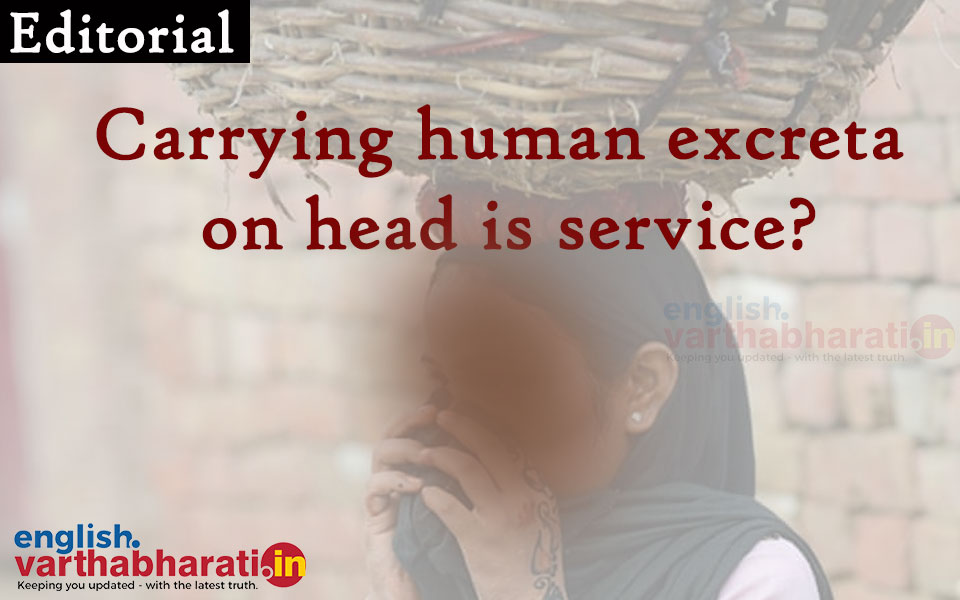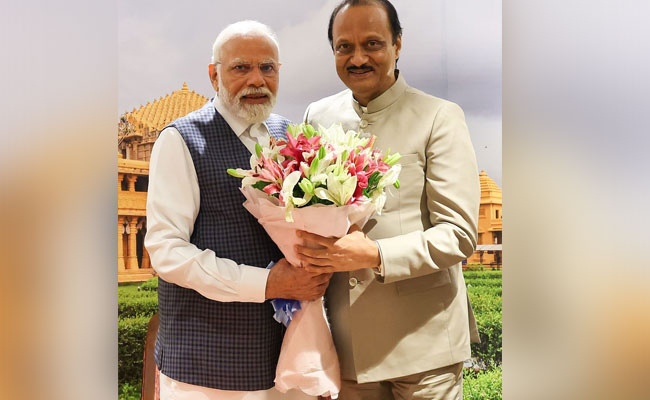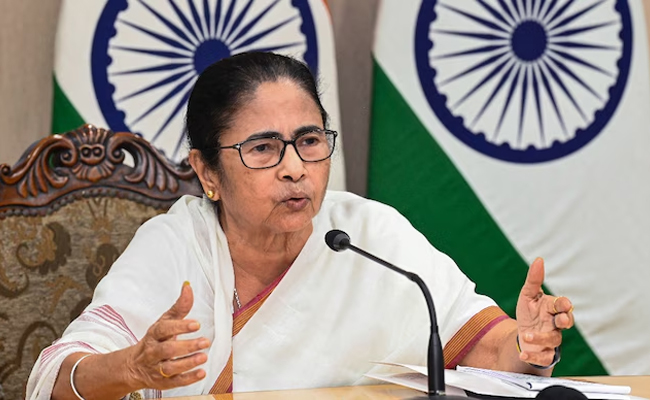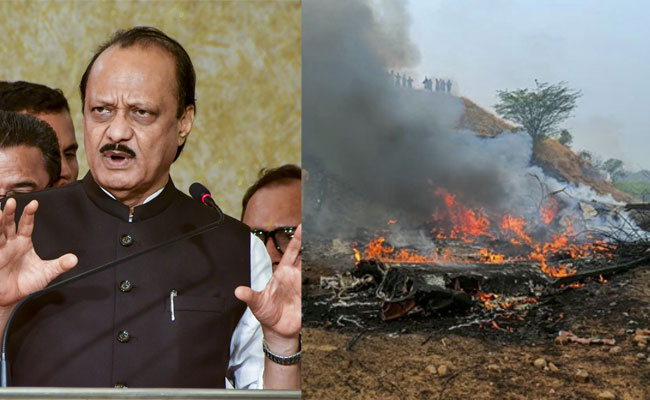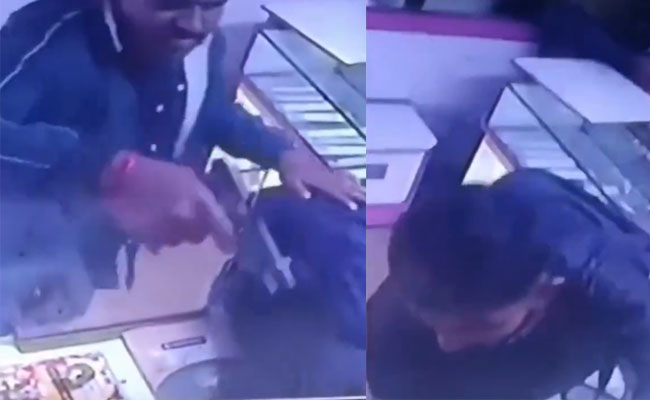PM Modi has released a slogan -- ‘Swachhata hi seva’. Crores of money has been released for the purpose of ‘cleanliness’; officers and their minions have been looting at least half of these funds for their own purpose.
That being the case, who is the government declaring ‘Swachhata hi seva’ for? Is this call for the Pourakarmikas and the ones who carry human excreta on their heads to clean homes? It is rather an easy conclusion to reach, looking at Modi’s call that this declaration is mostly without any meaning.
Because the life of those who keep our surroundings clean, by clearing the manholes, carrying excreta, sweeping our roads and disposing of the waste are in pits. They are never paid on time, no decent salary to lead a life of security and dignity, and they are never given safety gears to perform their jobs.
Most of them meet their ends inside a manhole, while performing their ‘jobs’ that the society forces them to do. In his book ‘Karmayogi’ Modi speaks of the jobs of janitors and manhole cleaners as a ‘spiritual experience’.
Swachhata Andolan focuses only on building toilets and totally ignoring the caste angle in maintaining those very structures. Politicians pretend to clean the road for a photo and then they disappear for long after media covers their show.
But the ones who clear excreta and clean the roads in real sense, are Dalits. Hence, owing to caste hierarchy, though the people who hold contracts to maintenance of toilets belong to higher castes, the ones who clean these spaces are from lower caste.
One of the major failures of Swachhata Andolan would be India’s closed mindset that only lower castes must do all the cleaning jobs across the country. As per 2011 census, 7,40,078 human janitors and cleaners clear excreta from dry toilets in the country. About 1,82,505 families are still engaged in this profession in the rural part of our nation. This data is testimony to the fact that carrying human excreta is a practice that is still in force.
All the rules, policies and laws have failed in stopping this ill practice from continuing into the future. The Act to prohibit the jobs that involve carrying of human excreta from toilets passed in 1993 was rendered useless since it was not brought into practice for over three and half years subsequent to its passing.
The federal system that failed to compel the states to strengthen the states and compel them to implement the 1993 law, this act remained a mere statement. This act carried one year jail sentence and just Rs 2,000 penalty, and hence this did not discourage many people from engaging others into this heinous work.
The failure of this law led to many other legal battles. As a result of that, in 2014 case heard by the Supreme Court against the state, passed a judgment to rehabilitate Safai Karamcharis who were forced to carry human excreta.
In September 2013, the Indian Parliament passed a long-awaited law banning the practice of manual scavenging. The Prohibition of Employment as Manual Scavengers and Their Rehabilitation Act 2013 prohibits the manual handling of human waste before its decomposition or treatment.
Even this failed at the implementation level. Dry toilets still exist and Dalits are still engaged in cleaning them, by way of lifting and moving human excreta with almost bare hands and no other safety gear. The 2013 policy did not even refer to rehabilitation per se. Though there are clear instructions to the management about providing safety gears to the cleaners, it is barely followed.
Though we have robust courts, barely any persons have been convicted of getting the manual scavengers to engage in this work. The law has totally failed in the implementation part. The government has to take proactive approach regarding this issue and ensure all the agencies involved take the lead in eradicating this inhuman practice.
The government has to take tough stance against those people and organisations who are forcing the others to clean manholes and lift excreta. The legal system is so sensitive to sexual choices and gender sensitive issues of women being allowed to enter the temples such as Sabarimala. But those issues are not a choice between life and death.
Lifting the dalits from manholes is the most pertinent task of a nation like India. A country needs to be aware of that. Only then, we can boast of being a nation of values, and Swachhata can be a winning card for us. Not until then, we may feel proud of our country.
Let the Truth be known. If you read VB and like VB, please be a VB Supporter and Help us deliver the Truth to one and all.
New Delhi (PTI): Prime Minister Narendra Modi on Wednesday said the death of Maharasthra deputy chief minister Ajit Pawar in a plane crash was untimely and very shocking.
In a post on X, Modi said Ajit Pawar was a leader of the people with a strong grassroots level connect.
Pawar, 66, and four other persons were killed after an aircraft carrying them crashed near his hometown Baramati in Pune district on Wednesday morning, officials said.
"Shri Ajit Pawar Ji was a leader of the people, having a strong grassroots level connect. He was widely respected as a hardworking personality at the forefront of serving the people of Maharashtra.
"His understanding of administrative matters and passion for empowering the poor and downtrodden were also noteworthy. His untimely demise is very shocking and saddening. Condolences to his family and countless admirers. Om Shanti," Modi said.

